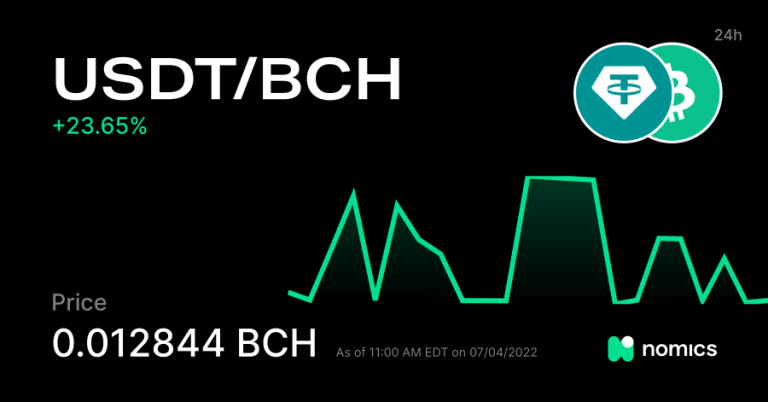Do free residential VPN extensions offer unlimited bandwidth?
In today’s digital landscape, protecting personal data and ensuring online privacy have become more important than ever. One tool that has gained immense popularity is the virtual private network, or VPN. With an abundance of free residential VPN extensions available across browsers like Chrome and Firefox, many users are understandably curious about one key feature: do these free services offer unlimited bandwidth?
Understanding Residential VPNs
A residential VPN routes your internet traffic through IP addresses assigned to real home users. This can provide a more authentic and secure web browsing experience, particularly when avoiding detection and accessing geo-restricted content. Unlike data center IPs, residential IPs are less likely to be flagged by websites and services as suspicious.
[ai-img]vpn user, browser extension, encrypted connection[/ai-img]
Free residential VPN browser extensions typically appeal to casual users due to their simplicity and no-cost accessibility. However, there are important limitations and risks to consider — especially regarding bandwidth usage.
Free VPN Extensions: Are They Truly Unlimited?
Most free residential VPN extensions do not offer unlimited bandwidth. These services incur backend costs such as server maintenance, infrastructure, and bandwidth. To manage resources effectively while still offering a free product, many providers place usage limits on their free-tier users. These limitations usually take one of three forms:
- Data Caps: Users might be restricted to a fixed amount of bandwidth per day or month, commonly ranging from 500MB to 10GB.
- Speed Throttling: Some services reduce internet speeds after a certain threshold, indirectly limiting how much data can be transferred effectively.
- Time Restrictions: VPN access may be time-limited per session or day, reducing the total potential bandwidth usage.
While a select number of providers claim to offer “unlimited” services, these often come with fine print. The term “unlimited” can sometimes exclude high-speed access or concurrent connections. It’s important to read the terms and conditions carefully and look out for clauses that hint at usage thresholds or slowdowns after “fair usage.”
Why Bandwidth Limitations Exist
There are several reasons why free VPN providers impose bandwidth restrictions:
- Cost Management: Operating a residential VPN requires significant resources, especially when leasing residential IP space.
- Infrastructure Load: Bandwidth limitations help maintain service quality for all users by preventing excessive demand from a few individuals.
- Incentivizing Upgrades: Bandwidth limits encourage free users to upgrade to a paid plan, which usually comes with expanded or truly unlimited usage.
[ai-img]vpn server, data traffic, internet usage graph[/ai-img]
Paid Alternatives and Their Advantages
For users who require extensive bandwidth or use VPNs for video streaming, gaming, or large file downloads, upgrading to a premium VPN plan is often the most reliable choice. Paid residential VPN services typically offer:
- Truly unlimited bandwidth
- Higher connection speeds
- Stronger encryption protocols
- Access to a wider range of IP addresses and locations
- Better customer support
If budget is a concern, some reputable VPN providers offer low-cost or trial plans that balance affordability and performance without the constraints of many free services.
Security and Privacy Considerations
Another factor to consider is security. Not all free VPN extensions are trustworthy. Some may log your browsing data, inject ads, or even sell your information to third parties. Always verify the reputation of a VPN provider, check independent reviews, and assess their privacy policy before use.
Choosing a verified, well-reviewed provider helps ensure your data remains private and your connection secure—especially critical when accessing public Wi-Fi networks or performing sensitive tasks online.
Conclusion
While free residential VPN extensions can be valuable tools for casual users, they rarely offer unlimited bandwidth. Most impose restrictions to control resource usage and push users toward paid plans. Those who require consistent performance, higher data allowances, or advanced features should consider investing in a reputable paid VPN service. Ultimately, the right choice depends on your unique needs, how frequently you use VPNs, and what tasks you intend to perform online.






